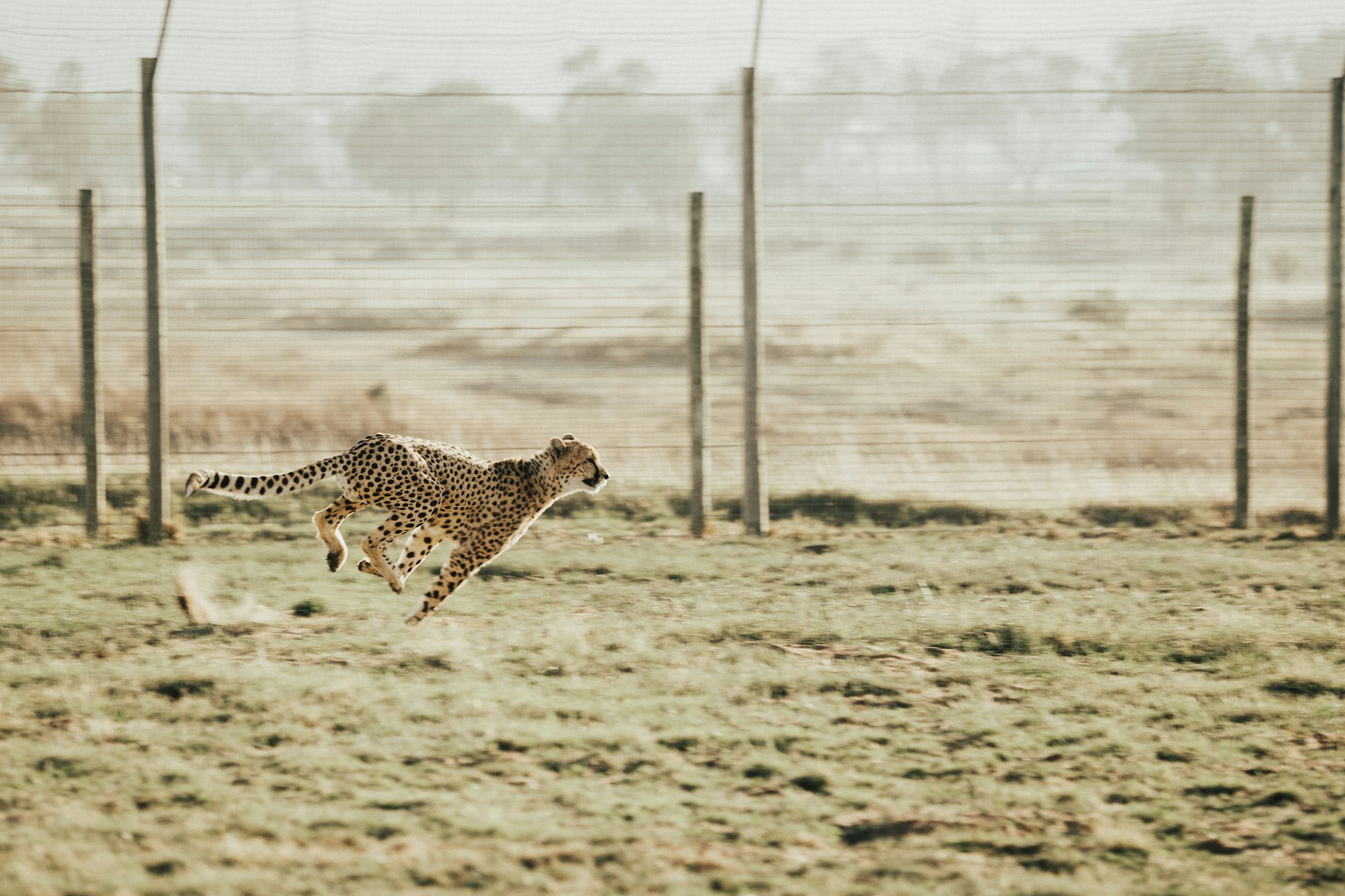Intensity vs Consistency
Intensity is important. Without intensity, without that drive, that hustle, that push - it does not seem possible to get things done. To get over that hump, that last mile, to solve that roadblock - you need intensity. And to start, to blast off. Like a rocket that needs to escape the Earth's gravitational field.
Consistency is important. Compounding happens only with consistency. Long-term success and outcomes need consistency.
It doesn't need to be one or the other, right? Why OR when we can say AND?
Burnout
Well, true. In many many situations, you are mistaken when you think it is A or B. But not here.
The obvious answer is to be consistently intense. Right?
Well, if you want to burn out, yes.

Balancing the intensity required, the work-life balance needed, the switching off - this is becoming hard to do. There is always more to be done. And it needs to be done ASAP. Let's push it now, and once this is over, you will chill.
But something else comes up. Always.
Burnout is an increasingly common scenario. And unfortunately, across many age groups.
A lesson from workouts
In a high-intensity workout, your heart rate goes to 90% of its maximum. It is supposed to. That's how you get the requisite outcome and adaptation.
You push it. And then you rest. For example, you sprint 100 metres. After that, you need to take a few minutes to rest. Sometimes up to 10 minutes. Before you can sprint again at the same intensity.
There are workouts where you rest much lesser and go again. You are putting in the same effort but with incomplete recovery. This leads to a different adaptation and is a valid training protocol. Your sprint speed will drop and that's expected.
As a strength and conditioning coach, I write training plans that vary the outcomes and adaptations produced by my students. For example:
- Sometimes, it is high intensity with a lot of rest. Sprinting with 5-10 minutes rest.
- Other times, it is high intensity with incomplete recovery. Sprinting with 2-3 minutes rest.
- High (ish) intensity with incomplete recovery. Running fast but longer - 400 metres - with 2 minutes rest.
- Moderate intensity for a much longer duration. Running for 30-90 minutes.
- Low intensity. Walking non-stop for 60-120 minutes.
All are valid training protocols (there are many more) and all produce different adaptations.
All need you to rest and recover. Some have recovery built-in. All have a recovery that's needed over the rest of the day and the next, sometimes even the next few days.
Sleeping, eating, and stretching to name a few of the expected recovery work that one needs to do.
Sprinting with inadequate rest and recovery
Sprinting with inadequate recovery leads to reduced performance. And if you do not rest enough before your next sprint session, you will eventually injure yourself. You think a cheetah can sprint 10 kilometres?!
But that's exactly what you are doing in life.
You keep sprinting. Every night and every weekend, you gasp for air and attempt to de-stress and recover.

But you keep adding piles and piles of stress and workload on us. And you keep doing this with incomplete recovery.
Your health drops.
Your performance drops.
Your peace drops.
You fall sick.
You feel rushed.
You feel anxious.
Change is needed
You need to change your mindset and your approach.
There are times when you need to bring in a lot of intensity. But you need to add in a lot of high-quality rest and rejuvenation at the end of that period.
You need consistency. You need to keep showing up. Most days, you come in and you do your best. Some days, that means you clock in - your workout, your work, whatever. Some days, you suck. You take it easy. And some days, you BRING IT!
Life is a mixture of all these. Training (life at the gym) is a mixture of all these.
You need to learn this fact. And you need to design your schedule accordingly. Chartered accountants, for example, should have a vacation in April, once the tax craziness of March wraps up. App developers should do this after a product/app launch.
What's next?
If you do not programme the rest and recovery, we will break.
If you aim to be consistently intense, you will break.
Consistency is the overarching framework that will hold everything together. You need to be consistent. For the rest of your life.
You bring intensity in short bursts.

A few simple examples of how this can play out in our lives are listed below.
Daily
- Stretching
- Breathing drills
- Meditation
Weekly
- hanging out with friends
- seeing a movie
- reading a book
- playing sport
- getting a massage
Monthly
- taking a long weekend off and chilling
- Working on your hobby
Quarterly-Yearly
- Vacations!
My opinion is consistently being intense is a surefire method to fall sick and decrease quality of life and work. What's yours?
